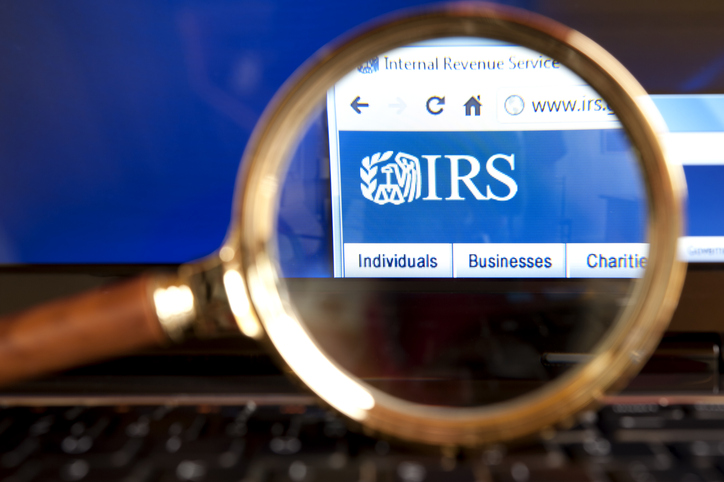In a recently released bulletin, IR-2023-59, the IRS warns of shady tax preparers and increased audit risk as part of their “Dirty Dozen” series. The IRS provided some common “warning signs” including tax preparers who base their fee on the size of the refund they are able to obtain for the taxpayer. If a US taxpayer hires an outside tax preparer to the company or individual who prepared the return should sign the tax return. The IRS also warns taxpayers to steer clear of those who ask the taxpayer to sign a blank return, as well as those who ask to be paid in cash for their services.
The IRS bulletin notes that shady tax preparers often invent false income in order to increase the number of tax credits which might be applied, or to increase deductions (or create false deductions altogether) in order to reduce taxes owed and boost the taxpayer’s refund. You need to make sure any refund comes directly to you, the taxpayer, and not to some bank account associated with the tax preparer.
The IRS suggests the best strategy to avoid shady tax preparers and increased audit risk is to choose your tax preparer as carefully as one might choose their physician or attorney. The bulletin goes on to note that tax preparers are entrusted with “sensitive personal and financial information.” The bottom line is the US taxpayer is fully responsible for the information reported in any tax return regardless off who prepares the return itself. An IRS return must be signed and reviewed by the taxpayer. The IRS Form 1040 and Form 8453 includes a signature block that reads “Under penalties of perjury, I declare that I have examined this return and accompanying schedules and statements, and to the best of my knowledge and belief, they are true, correct, and complete.”
The IRS notes that “most tax professionals offer excellent advice and can really help people navigate complex tax issues.” Allen Barron has served the San Diego region for decades. We work with individual taxpayers, married couples and corporate entities to protect assets and income while minimizing tax exposure through a process known as “transactional planning.” This is especially true for those individuals and entities who have international assets, bank accounts, investments and interests. Investors in cryptocurrencies and/or Non-Fungible Tokens or NFTs may be surprised to learn that a simple transfer of crypto assets from one wallet to another generates a taxable event. US expatriates face many challenges as they navigate the tax regimes of their home with their responsibilities as a US taxpayer.
Protect yourself from shady tax preparers and increased audit risk by the IRS and California tax agencies. We invite you to learn more about the integrated tax, legal, accounting and business consulting services of Allen Barron and contact us or call today to schedule a free consultation at 866-631-3470.





